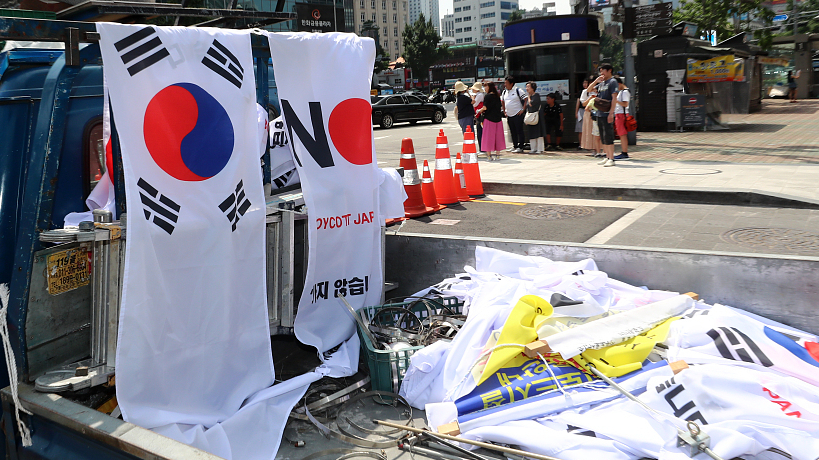
As the world market jitters amid the prolonged China-U.S. trade battle, another trade war is boiling over in the Asia-Pacific region. With South Korea seeking to officially remove Japan from its trade white list this week, according to a Sunday report of Yonhap, the two neighbors are escalating their months-long tensions.
The move by Seoul comes on the heels of Tokyo culling South Korea from the list of its trusted trading partners last month.
Historic war wounds
The grudge between South Korea and Japan goes back over a century ago when Japanese colonized the Korean Peninsula. "For most of the time, the two sides were at war, starting with Japan's invasion and incandescing with Korea's resistance," said Lyu Chao of the Liaoning Academy of Social Sciences in a phone interview with CGTN. Then in 1910, the peninsula fell to be a colony of the Empire of Japan.
Their animosity intensified during WWII, when Japan conscripted over 670,000 Koreans as forced laborers.
"During the Japanese colonial period, big Japanese companies such as Mitsubishi Heavy Machinery and Nippon Steel forcibly modernized the Korean people," noted Moon Chung-in, Special Adviser to South Korean President Moon Jae-in for Foreign Affairs and National Security.
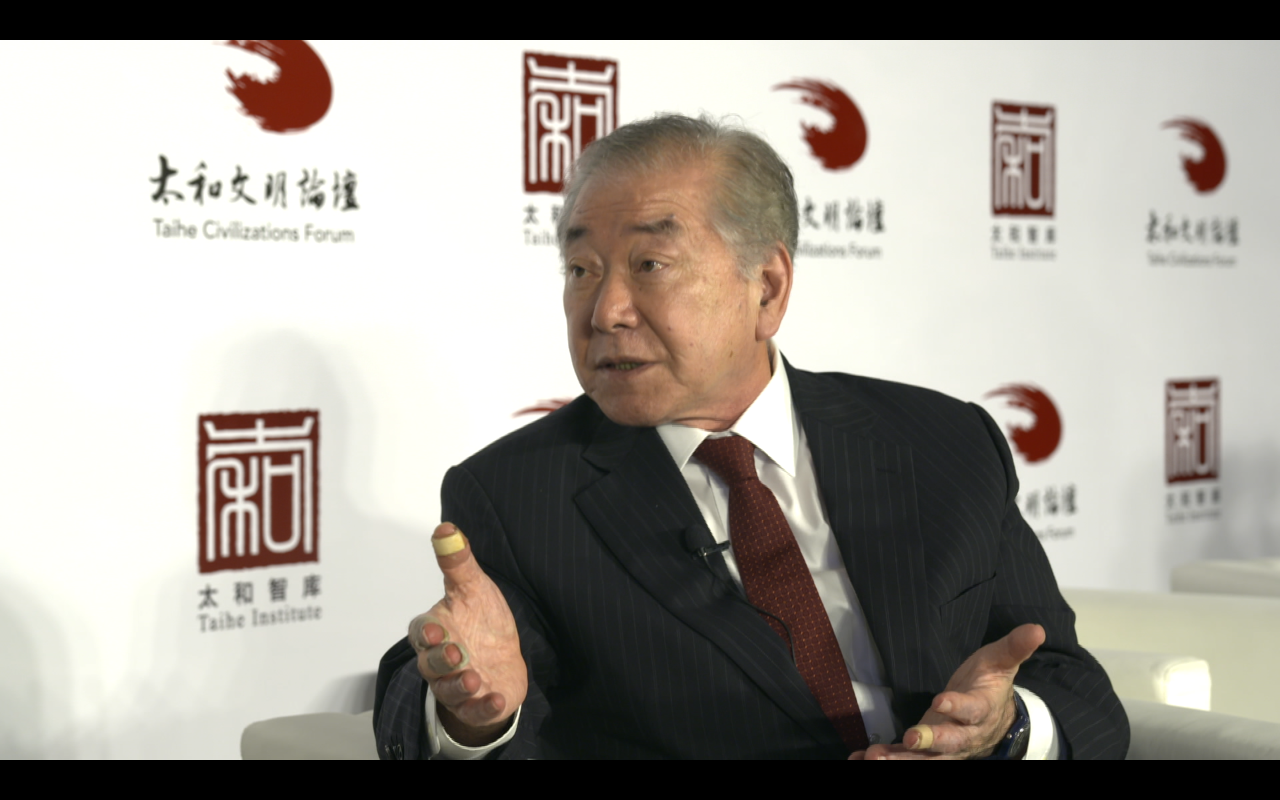
Moon Chung-in, Special Advisor to South Korean President Moon Jae-in, talks to CGTN in Beijing, September 7, 2019. /Taihe Civilizations Forum Photo
Moon Chung-in, Special Advisor to South Korean President Moon Jae-in, talks to CGTN in Beijing, September 7, 2019. /Taihe Civilizations Forum Photo
This legacy persists, and it's ever brewing.
It reached a tipping point when the current South Korean high court ruled in October 2018 that two Japanese companies with operations in the country must compensate wartime forced laborers during the 1910-1945 colonial period. Japan contended that such a ruling violated the terms of the 1965 treaty that normalized relations between both countries.
"It's purely a legal issue, but the Japanese side argues that all those past colonial issues were settled as a result of the 1965 agreement," said Moon Chung-in during an interview with CGTN on the sidelines of the third Taihe Civilizations forum in Beijing. But the South Korean government petitioned "that four issues – the comfort women issue, victims of Hiroshima atomic bombing and Koreans who were forcibly migrated to the Sakhalin Island, and even the forced labor workers – are not resolved by the settlement accord," noted Moon, also a distinguished professor for Yonsei University.
"Meanwhile, the Japanese think South Korea did not honor the spirit of contract by which they refer to in the 1965 agreement, so the two nations can barely reach a consensus," said Lyu. According to the director of the Border Study Institute at the Academy, unless the Japanese government sincerely apologizes, the bilateral tensions won't abate any time soon.
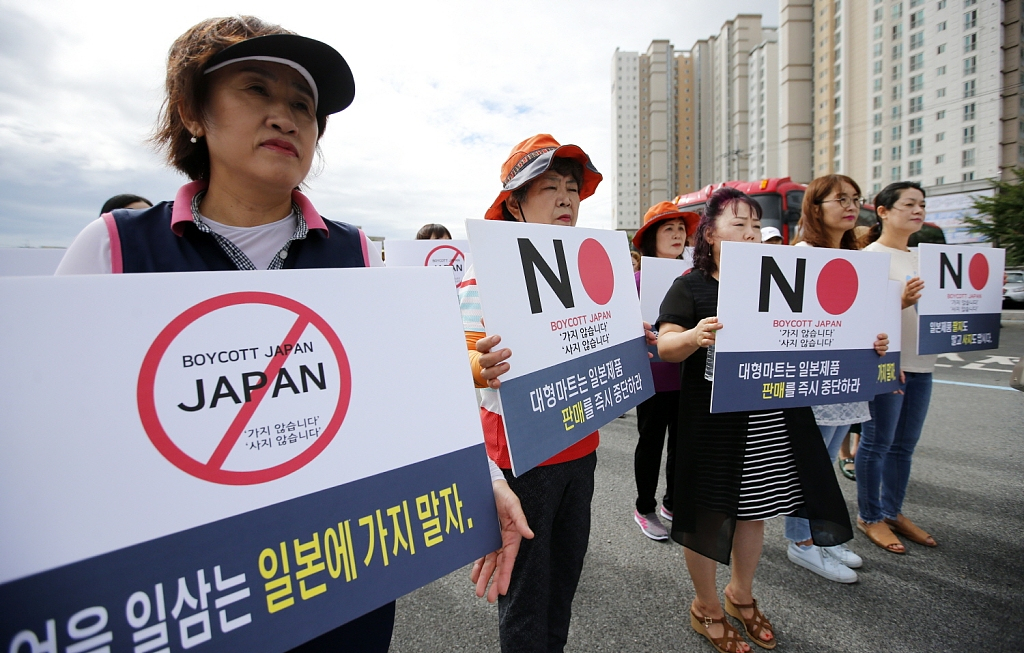
A group of South Korean women taken up a "NO Japan" boycott campaign of Japanese products in Taean County, South Korea, August 15, 2019. /VCG Photo
A group of South Korean women taken up a "NO Japan" boycott campaign of Japanese products in Taean County, South Korea, August 15, 2019. /VCG Photo
Tanking tech behemoths
Japan's exclusion of South Korea from its white list of preferred trading partners has sent panic to South Korean tech companies. In July, Japan started curbing the sales of three elements crucial for making chips and displays, dealing a major blow to South Korea, where semiconductors account for 20 percent of its exports.
Between the two tech powerhouses, Japan controls the majority of the global supply of semiconductor materials, while South Korea is a major producer of high-tech components including memory chips.
Meanwhile, Samsung's executives are scrambling to secure stockpiles of high-tech materials integral to its products. The export restrictions, however, would subject Japanese companies to greater regulatory burdens by having them apply for licenses to export chemicals to South Korean companies, which could take up to 90 days. Japan cites national security concerns for these restrictions, a move that could very well have come from U.S. President Donald Trump's playbook.
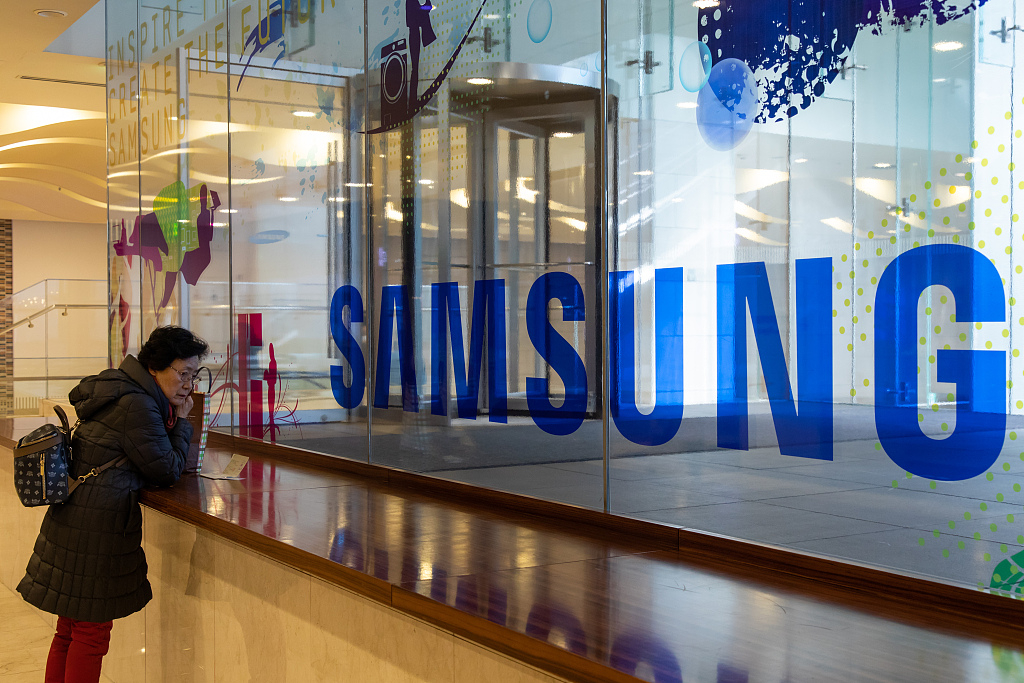
A woman uses a smartphone in front of a Samsung Electronics Co. signage outside the company's D'light flagship store in Seoul, South Korea, January 28, 2019. /VCG Photo
A woman uses a smartphone in front of a Samsung Electronics Co. signage outside the company's D'light flagship store in Seoul, South Korea, January 28, 2019. /VCG Photo
A complete ban would disrupt the global supply chain, hitting downstream suppliers such as Apple and Huawei, both of which import components from South Korea.
Specifically, Apple imports memory chips and OLED displays from Samsung.
Even with Samsung, together with SK Hynix, turning to locally sourced materials and pursuing other source countries, industry experts are not optimistic because localization requires time and massive investment. Shifting these supply chains could take years before these companies get back to current levels of production, they say.
As high-tech products such as smartphones have components that are part of supply chains spanning many countries such as the U.S., China, South Korea and Japan, these disruptions will affect the scale of production, and could very well delay development of new tech products. Add to that the ongoing China-U.S. trade war, in which Trump previously implemented similar export restrictions on U.S. tech giants, the global ramifications on tech companies and consumers would be far-reaching.
"The economic confrontation has, at present, largely been kept within the technology sector," Lyu said, "but if it dials up, it will soon impact the whole East Asian economy in which China, Japan and South Korea serve as locomotives."
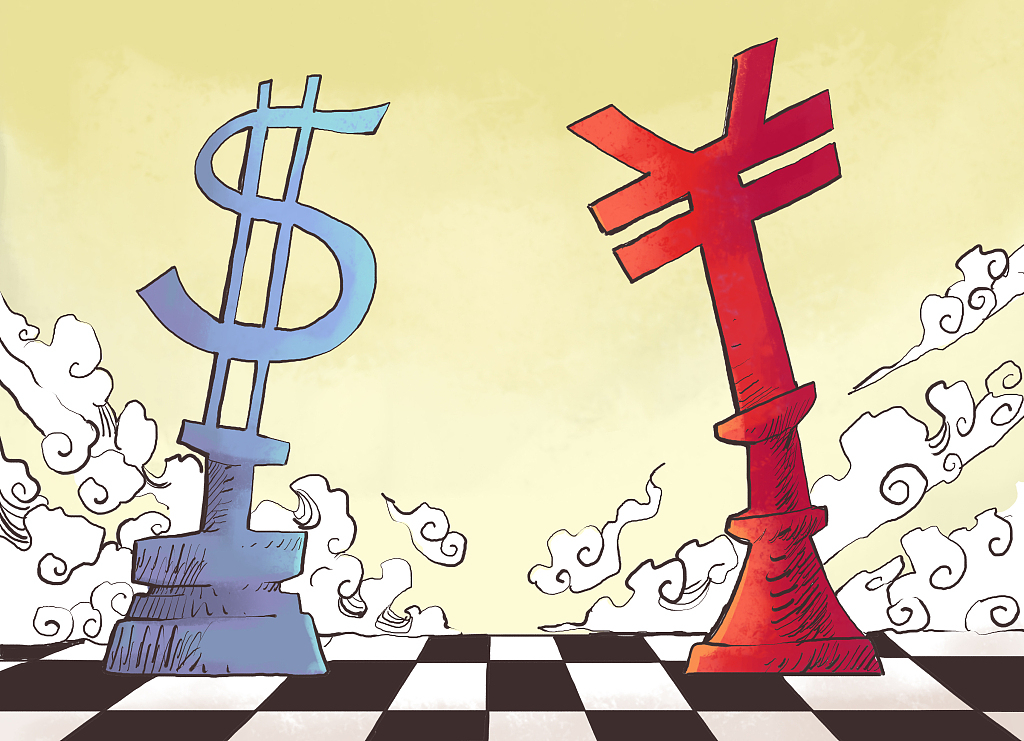
Is there a solution?
The two neighboring countries have sunken their relations to the lowest point in decades. On the Korean side, the anti-Japanese sentiment can hardly be appeased while across the Sea of Japan, it's nearly impossible to change Seoul's policy.
The diplomatic bickering has already penetrated Japan's tourism industry with high nationalist sentiments across South Korea. By mid-September, the number of South Korean tourists to Japan halved compared with that of last year. On the security front, deteriorating relations could threaten the existing regional order, as South Korea pulled out of the intelligence-sharing pact known as the General Security of Military Information Agreement.
While historic grievances between the two nations would be difficult to resolve without compromise, how to move forward economically could be decoupled from national sentiment.
"Their one hope is this – On December 24, there will be a China-Japan-South Korea trilateral summit talk in China," said Professor Moon, hoping that President Moon Jae-in and Prime Minister Shinzo Abe will meet and "work out something positive."
It's just as well that Beijing will host the meeting this year, noted Lyu Chao. "If Seoul or Tokyo plays the host, the talk will probably get screwed up. It's expected that China can play a mediating role in between."